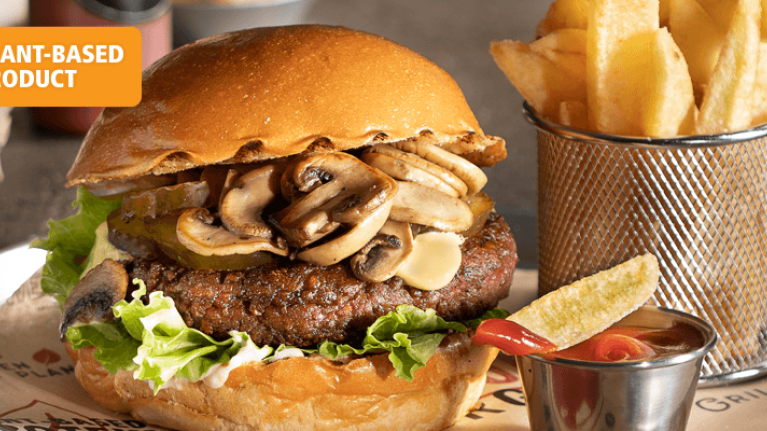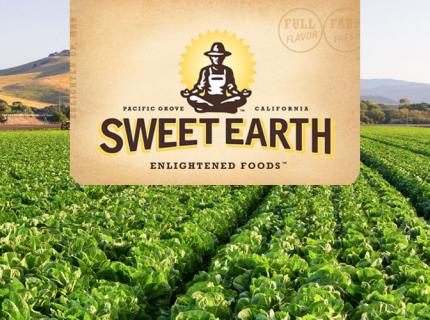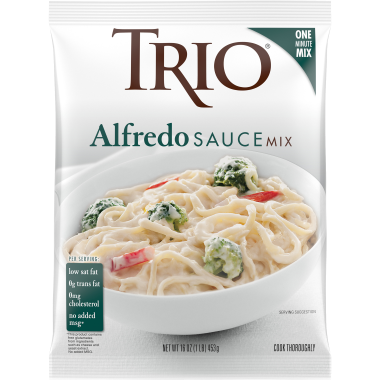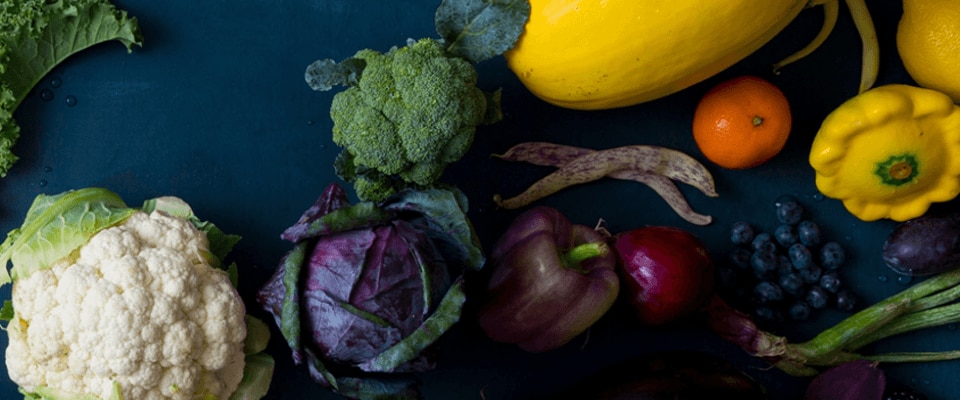
- Trends & Insights
- Plant Based
Cash In on Plant-Based Meat Alternatives
Plant-based meat alternatives have come a long way from veggie burgers. The new choices offer satisfying flavor on par with the real thing. Read about the future of this trend, here.
The food industry has come a long, long way from fake bacon, baby. Today’s plant-based meat alternatives are flavorful, satisfying menu options that just happen to be free of animal products.
According to NPD, Millennials (the generation born 1981–1996) are the top consumers of plant-based meat alternatives, having adopted plant-based meat alternatives as a way to indulge sensibly while addressing long-term health goals and concerns about animal treatment and the environment. Gen Xers (born 1965–1980) are also a core consumer group of plant-based meat alternatives, and many in this group are parents of Gen Z (born 1997 to present), who have been raised on plant-based beverages and foods.
In addition, says the research firm, about 90% of plant-based users are neither vegetarian nor vegan; the trend is about options, not rejecting traditional protein sources. Flexitarians, in other words, are the target market.
From new burgers and other ground-meat alternatives such as sausage, to bacon and ham substitutes, to a nascent list of poultry and fish/seafood analogs, plant-based proteins are garnering a lot of attention. Menu-ready plant-based items like burritos, pizza, breakfast sandwiches, and bowls are also becoming available.
Because they’re such a popular menu item, burgers are often the operator’s first foray into mock meats; in addition, consumers already have familiarity with the veggie burger category.
Many chains are introducing burger substitutes made from plants—including pea protein, soy, wheat gluten, and rice and other grains. Operators are also making their own substitutes using such whole-food ingredients as beans and lentils; cauliflower; mushrooms; whole grains like millet, barley, and quinoa; and tofu, tempeh, and seitan (for those customers who are soy- and/or gluten-friendly).
Tips for Adding Plant-Based Meat Alternatives
Whether choosing to go with a prepared convenience product or developing one in-house, here are some guidelines and ideas:
- Introduce a plant-based burger alternative, either as a health-oriented vegan option (gluten free bun, vegan or no cheese, better-for-you toppings such as avocado and sprouts) or part of a regular lineup that might also include turkey, chicken breast, and/or portabello mushroom options
- Substitute plant-based meat crumbles in popular recipes such as tacos and burritos, casseroles, pasta, meatballs, and pizzas
- Offer a plant-based meat alternative for build-your-own platforms such as bowls, sandwiches, salads, and pizzas
- Offer a breakfast sandwich featuring plant-based bacon, ham, or sausage
- Investigate such meat alternatives as jackfruit, which works particularly well in sauced applications such as barbecue and curry
- Treat plant-based protein alternatives to the same care and culinary attention as other entrées, using flavor-building techniques like spice rubs, sauces, contrasting textures, and cooking methods
Source: NPD, The Future of Plant-based Snapshot (2019)
The information provided is based on a general industry overview, and is not specific to your business operation. Each business is unique and decisions related to your business should be made after consultation with appropriate experts.
SWEET EARTH AWESOME BURGER
Appeal to customers who want to eat less meat and more plant-based meals. Sweet Earth products deliver the familiar taste and texture of meat.
- Plant based has grown a whopping 2,462% over the past five years, and 328% in the past year alone
- Plant based ranks in the 99th percentile for future growth potential, meaning that its growth is predicted to outperform 99% of all other foods, beverages, and ingredients over the next four years
- Nearly two-thirds of consumers define plant-based meals as either vegan or vegetarian. Nearly one-third say such meals can contain some meat, while nearly 1 in 10 is unsure of the definition
Sources: Datassential SNAP! Plant Based (2019); Datassential SNAP! Keynote, Plant-Based Eating (March 2018)






